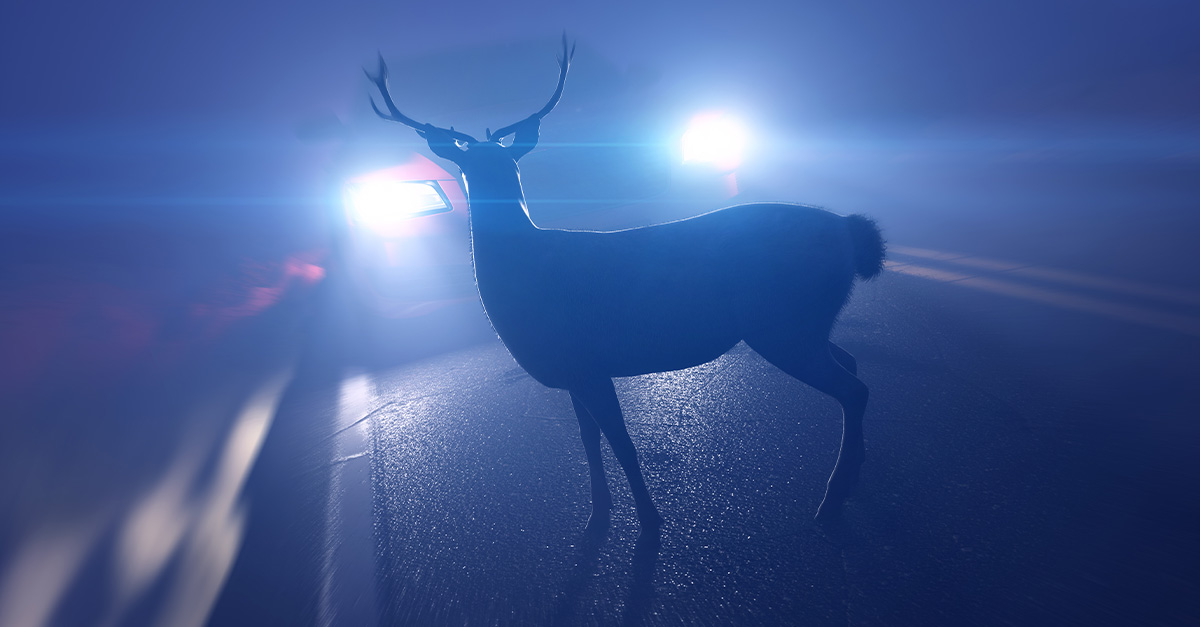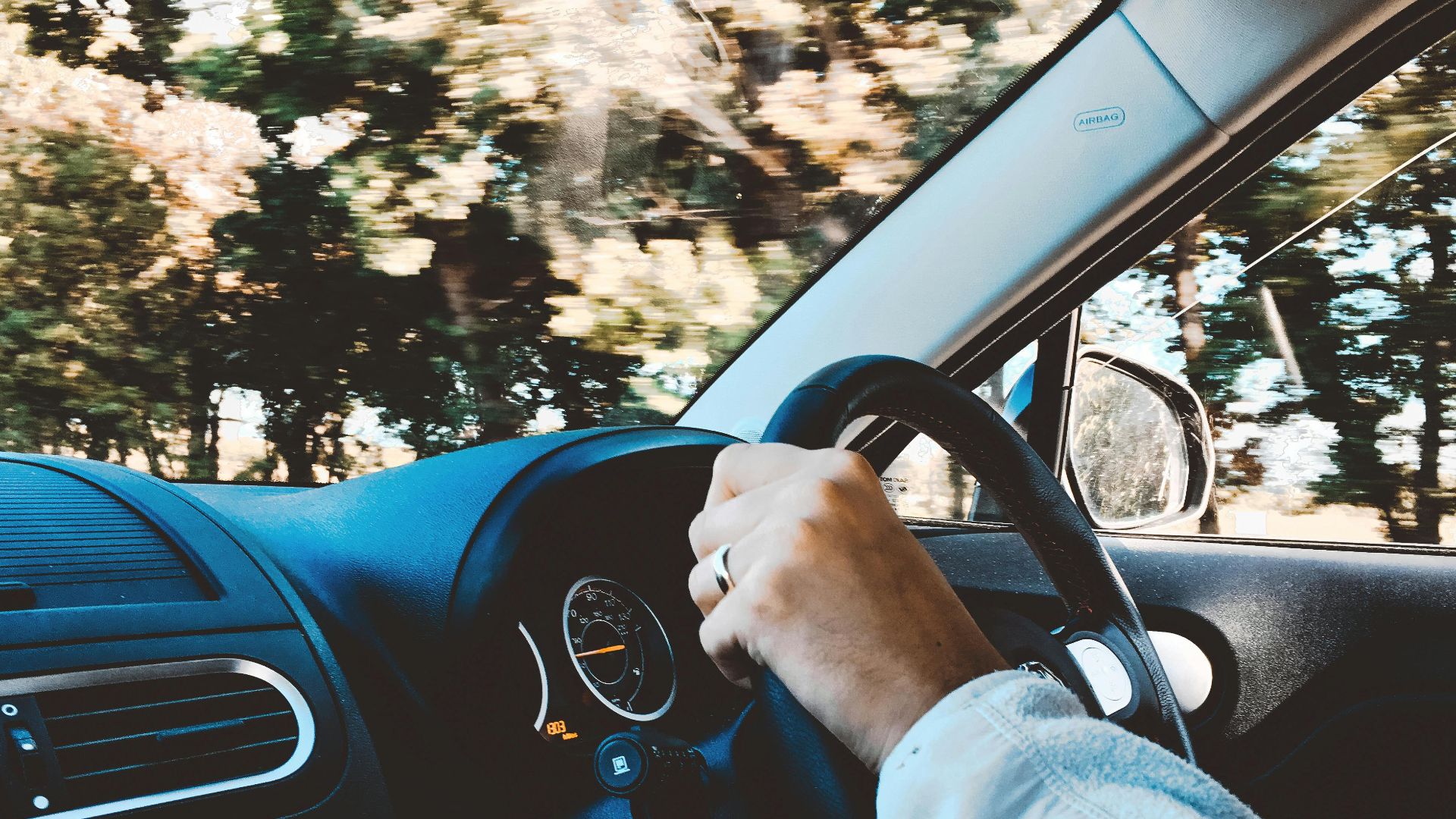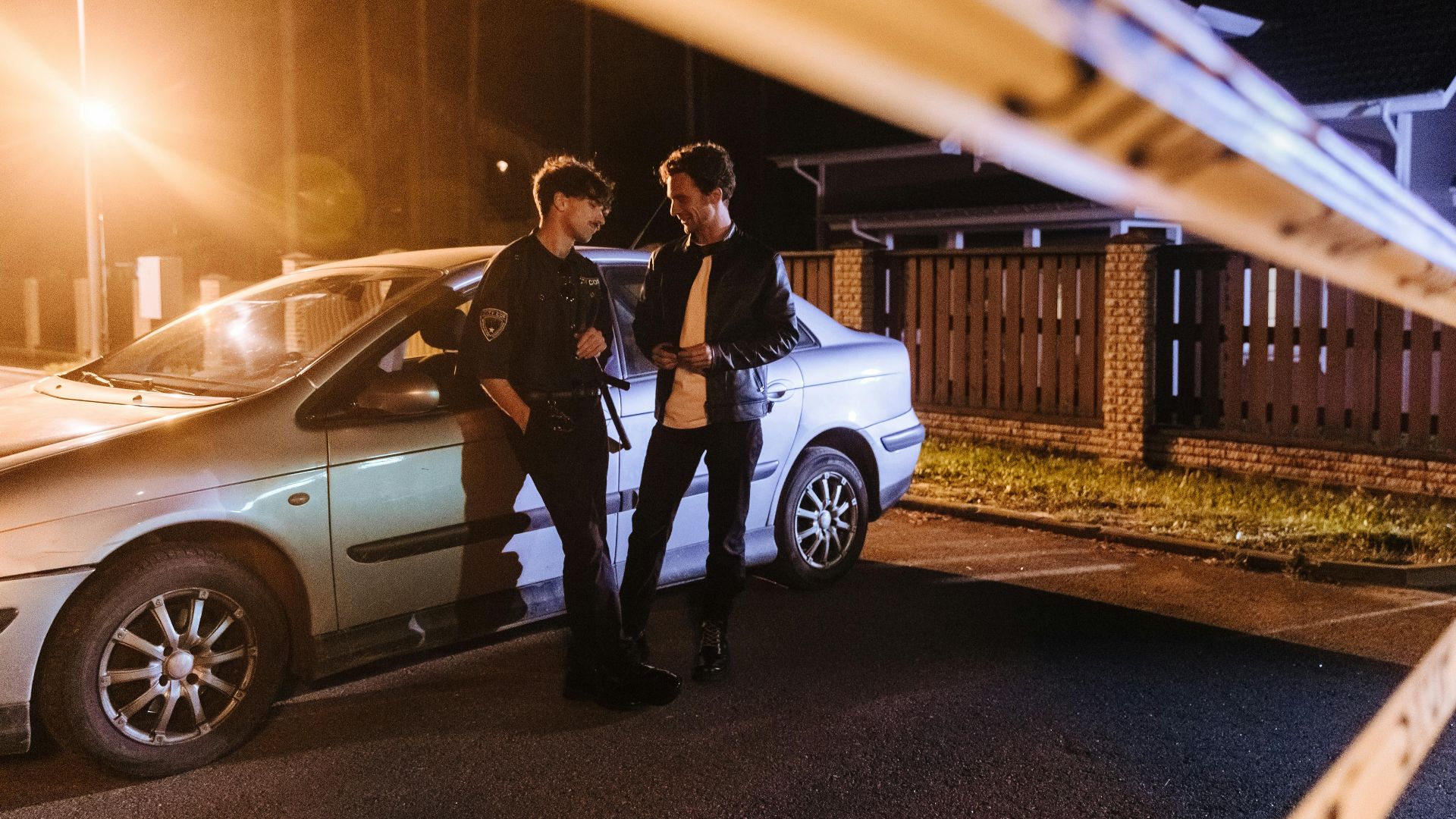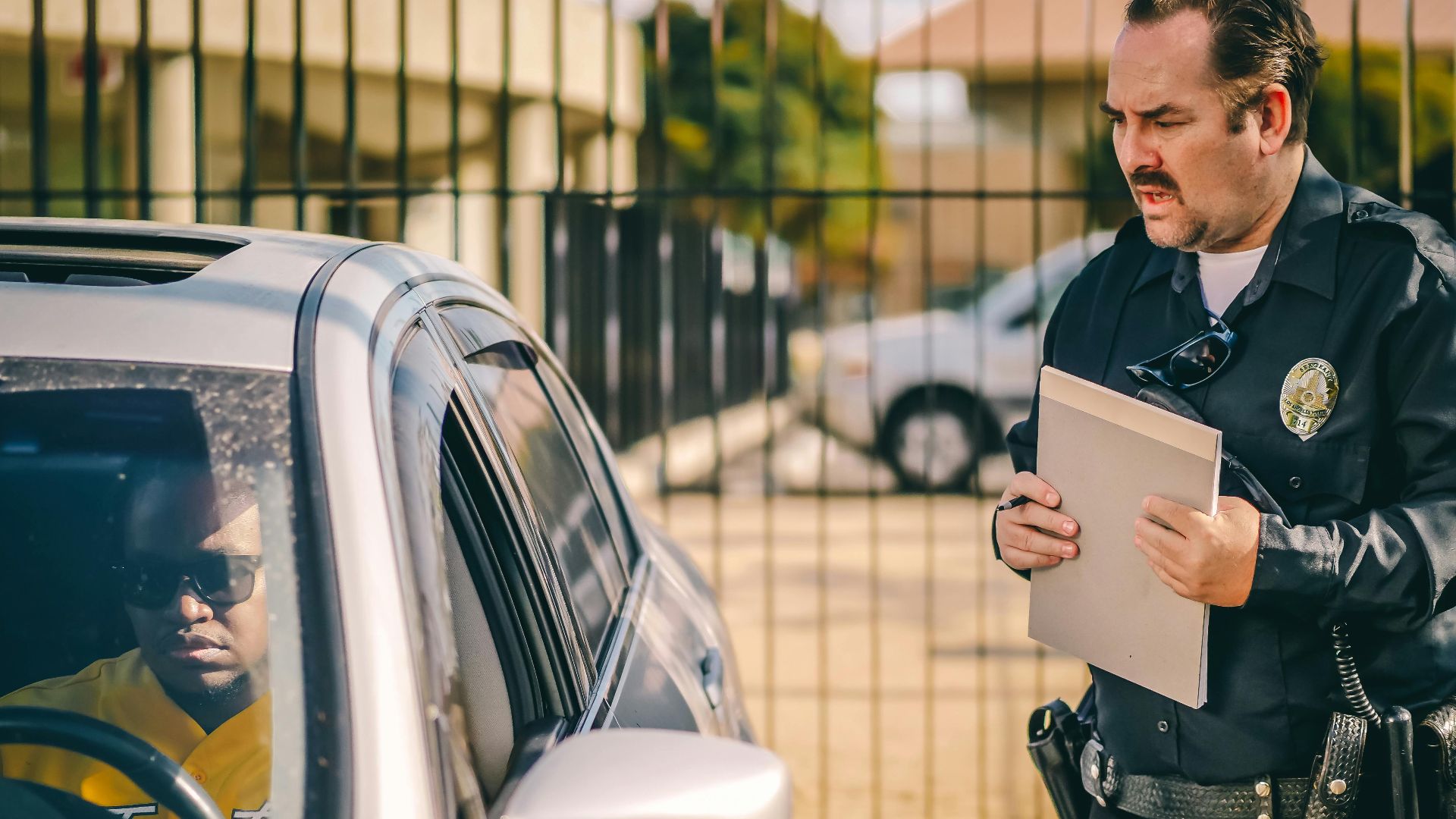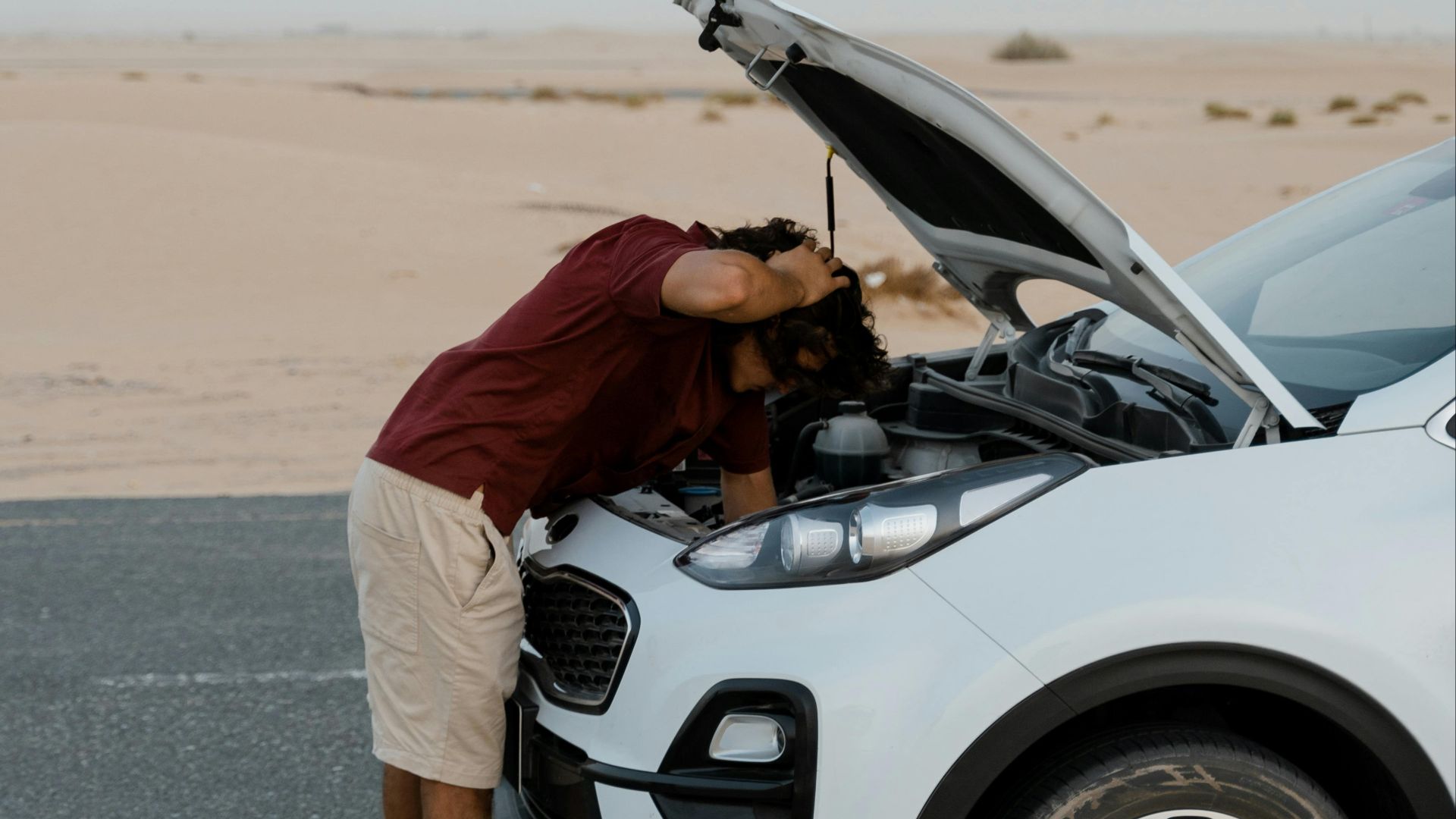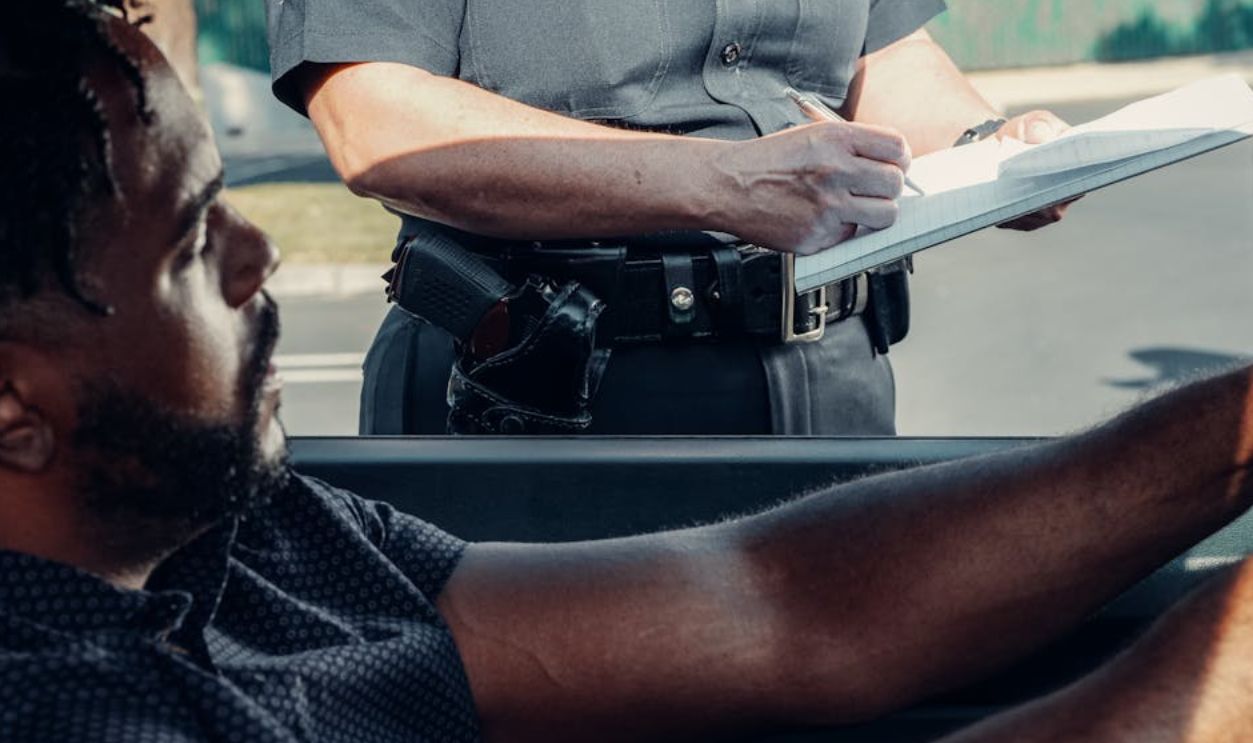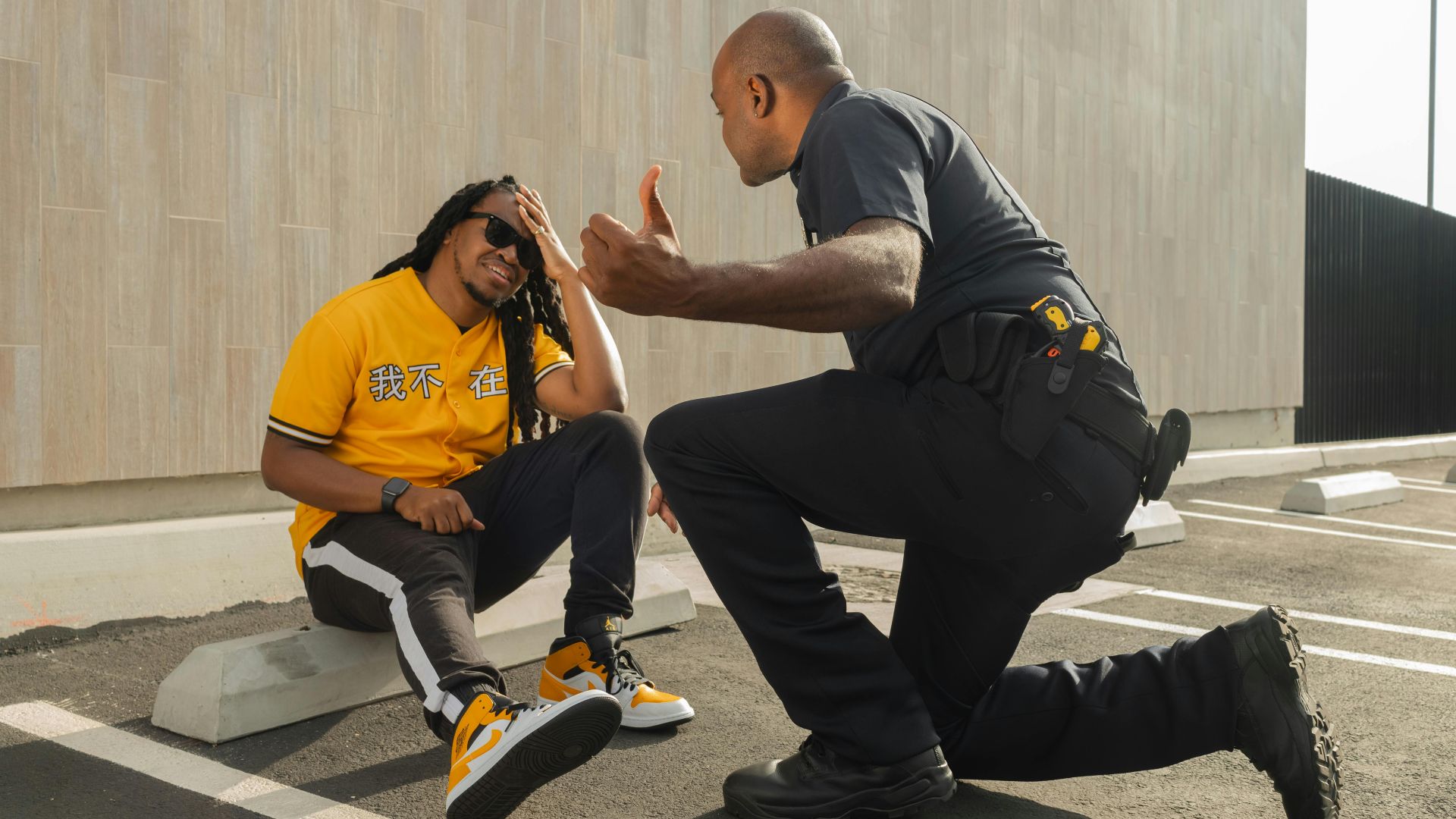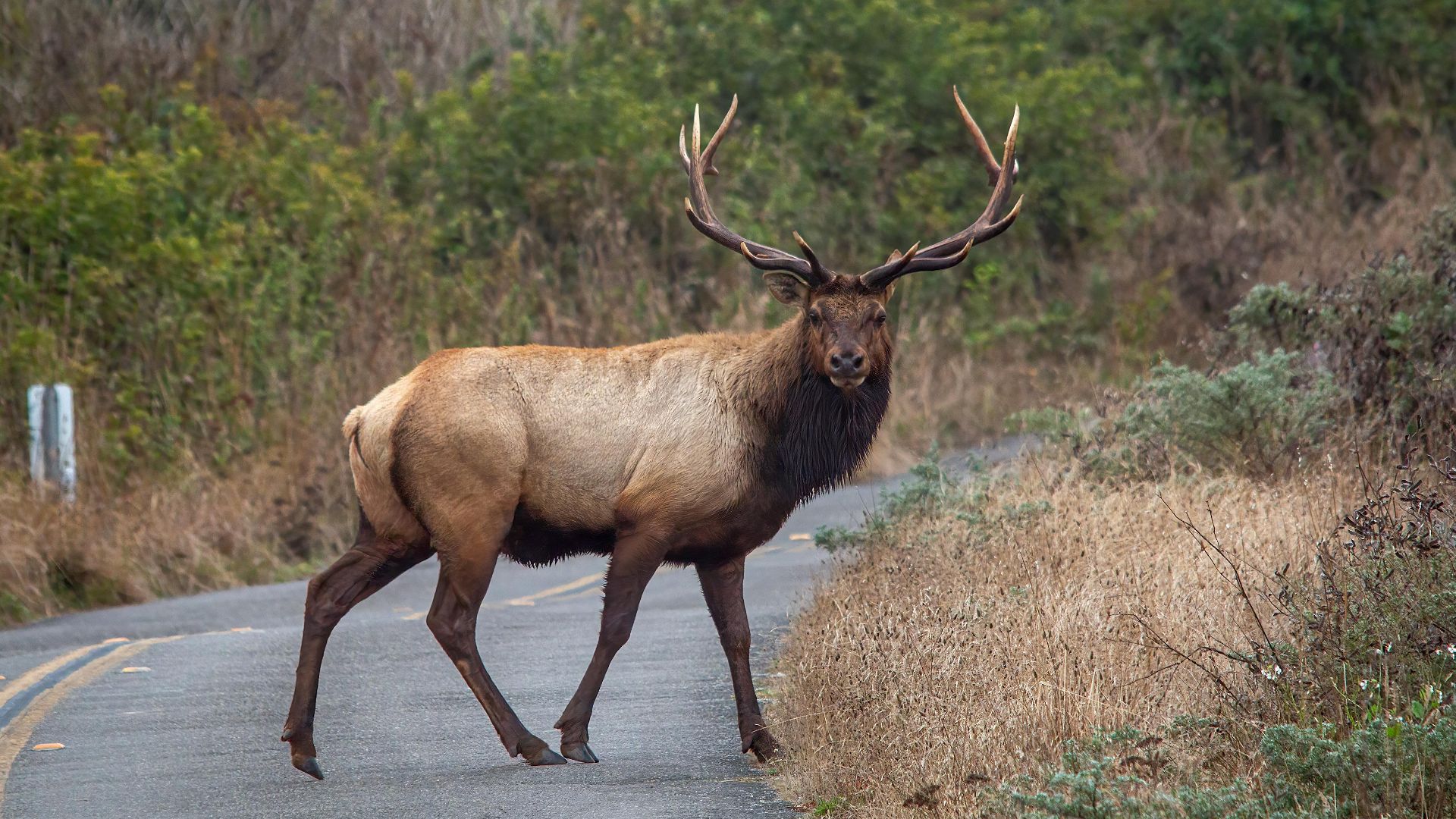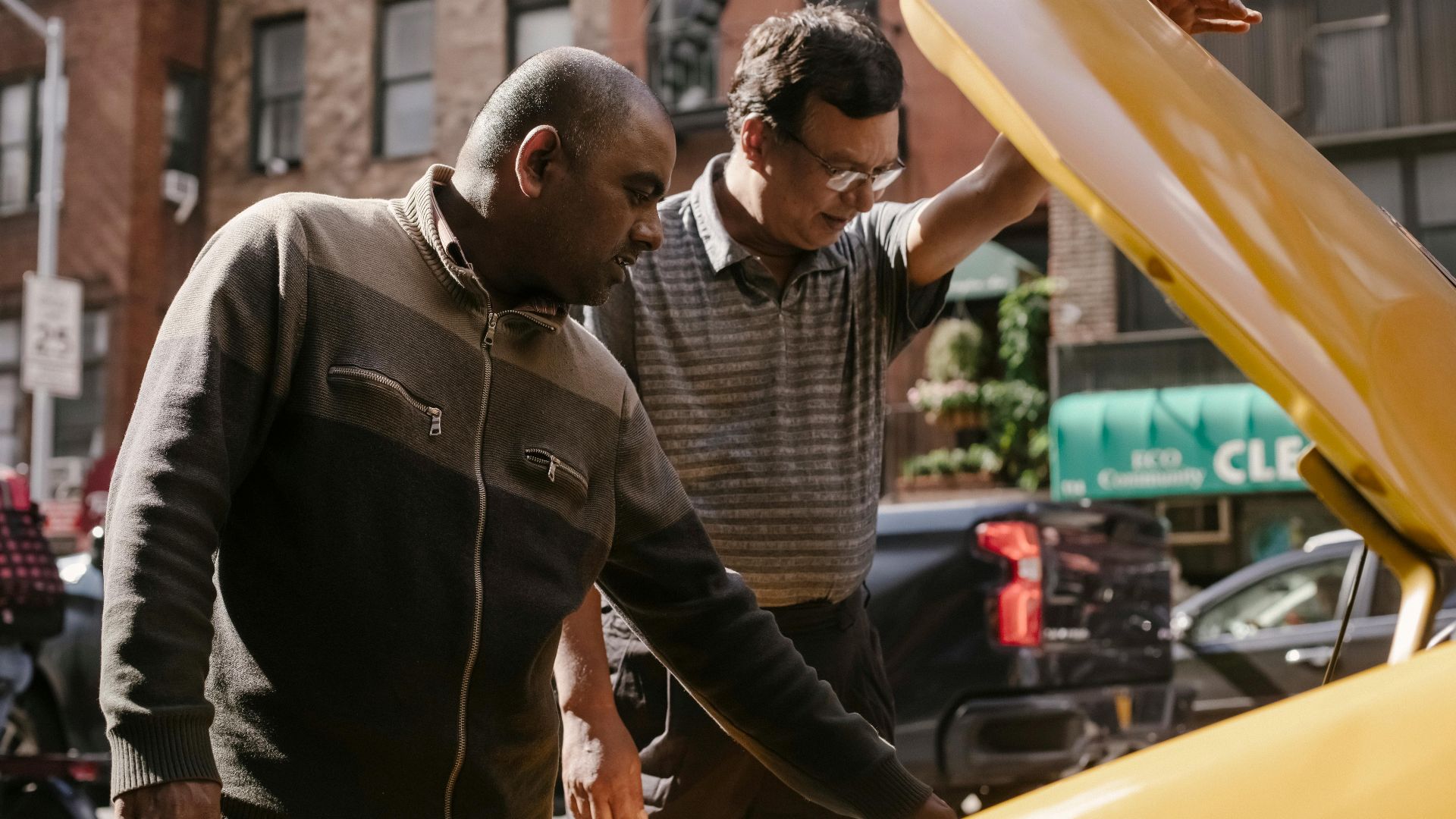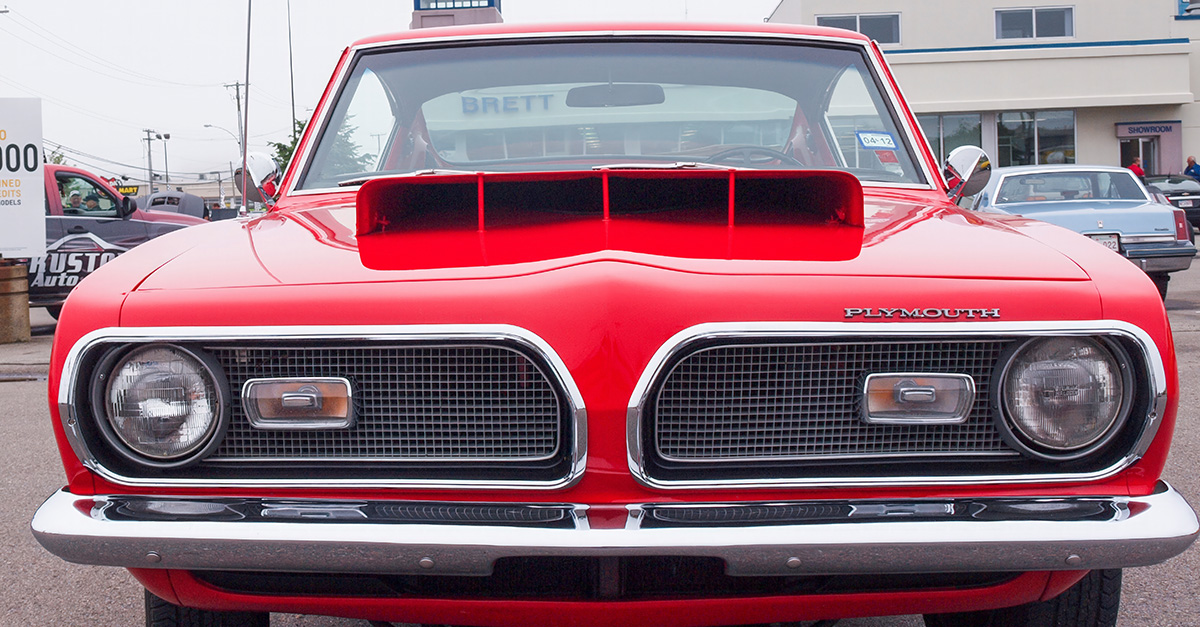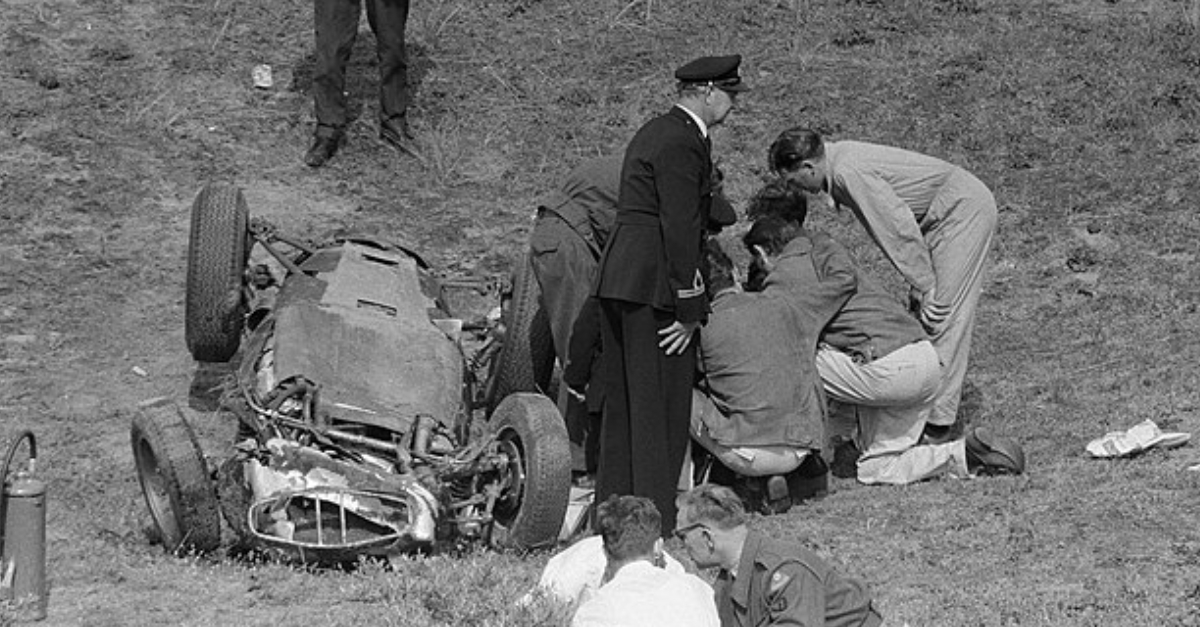A Scary Moment On The Road
You’re driving home late, the road’s quiet, maybe you’re humming along to the radio — then out of nowhere, a deer jumps in front of you. There’s no time to react. You hear the thud, your bumper’s cracked, your heart’s racing, and now you’re staring at the damage in disbelief. The big question hits you: do you call your insurance company, or just pay for the repairs yourself?
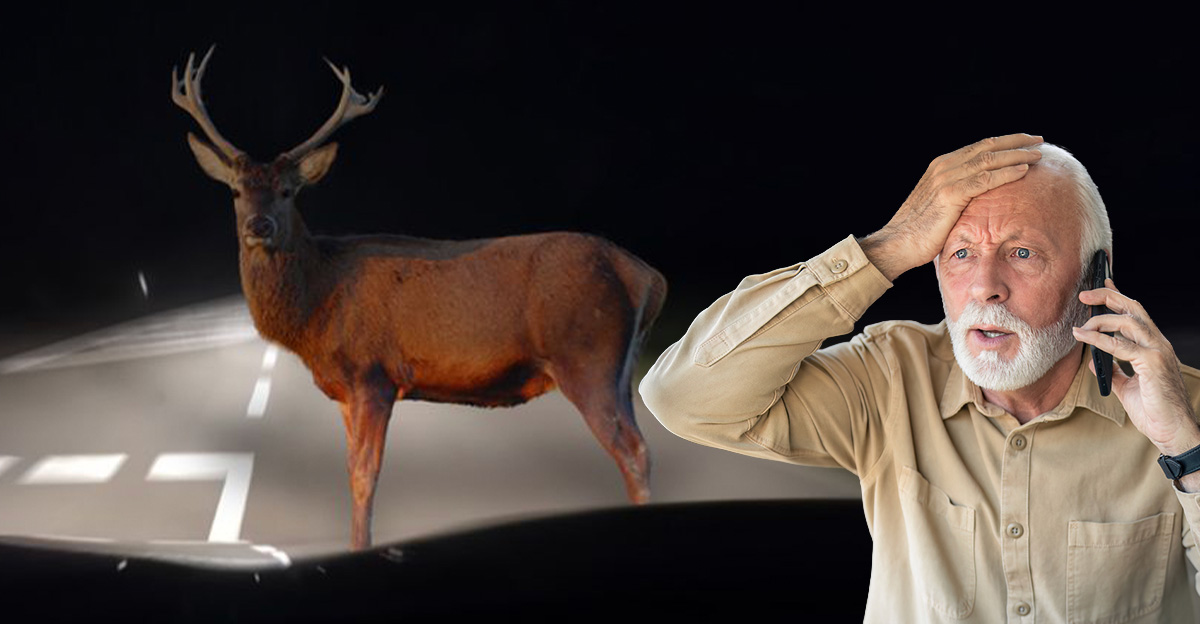
You’re Not Alone — This Happens All The Time
Believe it or not, hitting a deer is incredibly common. Each year, more than a million drivers in the U.S. collide with deer or other animals. It’s especially likely during fall and early winter when deer are most active. Even careful drivers get caught off guard — you could be doing everything right and still end up in this exact situation.
Make Sure Everyone’s Okay First
Before you even think about your car or insurance, check yourself and your passengers. Pull over safely, turn on your hazard lights, and stay in the vehicle if possible. Don’t try to approach the deer — even an injured one can be unpredictable and dangerous. If your car’s leaking fluids or feels unsafe to drive, call for roadside help or 911.
Take Photos Of Everything
Even if you’re leaning toward paying for repairs yourself, document the scene. Take pictures of your car’s damage, the area where it happened, and anything that shows how the collision occurred. Wide shots, close-ups, tire marks — all of it helps. Those photos could be a lifesaver later if you decide to file a claim or the damage turns out to be worse than it looks.
Report It To The Authorities
In many states, you’re legally required to report a deer collision — especially if there’s significant damage or the animal is hurt. A quick call to local police or wildlife control isn’t just about following the law. It also gives you a record of the incident, which your insurance company might ask for later.
Look Closely At The Damage
A cracked bumper might not look like a big deal, but cars today are complicated. Behind that plastic shell are sensors, cameras, and safety systems that can easily get knocked out of alignment. What looks like a $400 repair might actually be a $2,000 fix if the impact affected hidden components. Don’t assume it’s minor until a professional takes a look.
Get An Estimate From A Repair Shop
Before deciding what to do, get an expert opinion. Most auto body shops will inspect the damage and give you an estimate for free. Make sure they check under the surface — the frame, radiator, and any front-end sensors. Ask for a written estimate, so you can see exactly how much you’re dealing with before looping in insurance.
Here Comes The Big Question: Should You File A Claim?
This is where most drivers freeze. Deer collisions are covered under comprehensive insurance, not collision. So if you have full coverage, your insurer should pay for repairs minus your deductible. Whether that’s worth it depends on how bad the damage is — and how much your deductible actually costs you.
What Comprehensive Insurance Really Covers
Comprehensive insurance is what steps in for anything “out of your control.” Think fire, theft, vandalism, hailstorms, or, in this case, a startled deer. If you only have liability coverage, though, that won’t help — liability only covers damage you cause to other people. It’s a painful way to learn the difference, but an important one.
Doing The Deductible Math
Let’s say your bumper replacement and paint come to $1,800, and your comprehensive deductible is $500. Filing a claim makes sense — you’d pay $500, and insurance would cover the rest. But if the total repair is only $700, it’s probably better to just handle it yourself. The difference barely offsets the paperwork and potential rate changes.
The Hidden Cost Of Reporting It
Comprehensive claims don’t usually raise rates as much as at-fault accidents, but they still show up on your record. Too many claims in a short time — even small ones — can make insurers see you as higher risk. That might lead to higher premiums or losing claim-free discounts later.
When Paying Out Of Pocket Is Smarter
If the repair cost isn’t much more than your deductible, paying out of pocket can make sense. You’ll skip the claim hassle, keep your insurance record clean, and protect your premium from creeping up. Just make sure the damage is truly minor — if sensors, alignment, or airbags are affected, that’s worth filing for.
When You Should Definitely File A Claim
If the damage is major — broken lights, bent panels, deployed airbags, or any safety concern — don’t hesitate to file. That’s what insurance is for. It’s there to protect you from large, unexpected expenses that you can’t easily handle on your own.
Don’t Assume It’s Just A Scratch
Even low-speed deer impacts can cause hidden damage. Cracked supports, bent mounts, or cooling system leaks might not show up immediately. Filing a claim ensures that if these problems come up later, they’re already documented and covered under your original accident report.
Some States Require You To Report It
Depending on where you live, not reporting a deer collision could technically count as leaving the scene of an accident. It sounds dramatic, but it’s true. When in doubt, file a police report — it protects you legally and gives you proof if you need to file a claim later.
Yes, You Might Be Able To Keep The Deer
This sounds strange, but some states allow “roadkill salvage.” Basically, if you hit a deer, report it properly, and get permission, you can keep the animal for meat. Rules vary widely, though, so check local laws before trying anything. It’s one more reason to make that quick call to authorities.
Talk To Your Insurance Agent Before Deciding
Before filing anything, call your insurance agent and talk it through. They can tell you if the claim might raise your rates, how long it would stay on your record, and what your actual out-of-pocket cost would be. A five-minute chat could save you hundreds of dollars — or confirm that filing is worth it.
Don’t Lose Your Claim-Free Discounts
Many insurance companies reward drivers who go years without a claim. Filing one, even for a deer strike, could reset that discount. If your repair bill is small, keeping your record clean might actually save you more in the long run than the claim would.
Consider Your Car’s Value
If your car’s older or not worth much, a claim might not be worth it. An $1,800 repair on a $3,000 car could lead to the insurer declaring it a total loss — meaning you’ll get a payout, but you’ll lose the car. Sometimes, it’s better to just patch things up and move on.
Think About The Long Game
Your insurance history matters more than one cracked bumper. Keeping your record clean might help you qualify for better rates, accident forgiveness, or multi-policy discounts later. A single claim might not hurt much, but three or four small ones over time definitely can.
Good News: It’s Usually Not “Your Fault”
Deer collisions generally aren’t considered “at-fault” accidents. You didn’t cause it, and there’s not much you could’ve done to prevent it. That means your insurer won’t penalize you like they would for hitting another driver — though the claim still appears in your record.
Stay Alert — Deer Season Is Real
If you live in a deer-heavy area, you already know: once the leaves start turning, they’re everywhere. Dusk and dawn are the worst times. Use high beams when it’s safe, keep your eyes moving, and slow down near wooded areas or posted deer crossings. One quick tap of the brakes can save a huge headache.
Avoiding The Next Collision
Deer often travel in groups, so if one crosses, expect more. Stay alert, especially on rural roads, and try to anticipate. Some drivers install deer whistles or motion lights — they’re not foolproof, but every little bit helps. Ultimately, awareness is your best defense.
If You Pay Out Of Pocket, Be Smart About Repairs
If you decide not to file a claim, get a few quotes before committing to a repair shop. Ask about aftermarket parts if you want to save money, and make sure the shop recalibrates any sensors after fixing your bumper. Skipping that step could mess with your car’s safety features.
Keep A Paper Trail
Even if you don’t involve insurance, hold onto everything — photos, receipts, police reports, estimates. If problems show up later, or if you sell the car, you’ll want proof the repair was handled properly. Documentation might not seem important now, but it’s worth gold later.
Don’t Beat Yourself Up About It
Hitting a deer can shake you up emotionally, too. It’s not your fault — these things happen fast. Take a breath, talk it out, and remind yourself that you handled it the right way. The important thing is that you’re safe and doing what’s needed to move forward.
So… Should You Report It Or Pay Yourself?
If the damage is small and close to your deductible, paying yourself usually makes more sense. But if the repairs are serious, or your deductible is low, filing a claim can save you big money. Just be strategic — weigh the cost now against the impact on your insurance record later.
The Bottom Line
Hitting a deer is stressful, scary, and expensive — but you can handle it. Focus on safety first, document everything, and make a decision that’s both practical and protective. Whether you call your insurer or cover it out of pocket, you’ll drive away knowing you made the smartest move for your wallet and your peace of mind.
You May Also Like:
The Smart Car’s American Struggle: Too Small To Succeed
Ugly Muscle Cars That Scream "Looks Don't Matter, Power Does"

